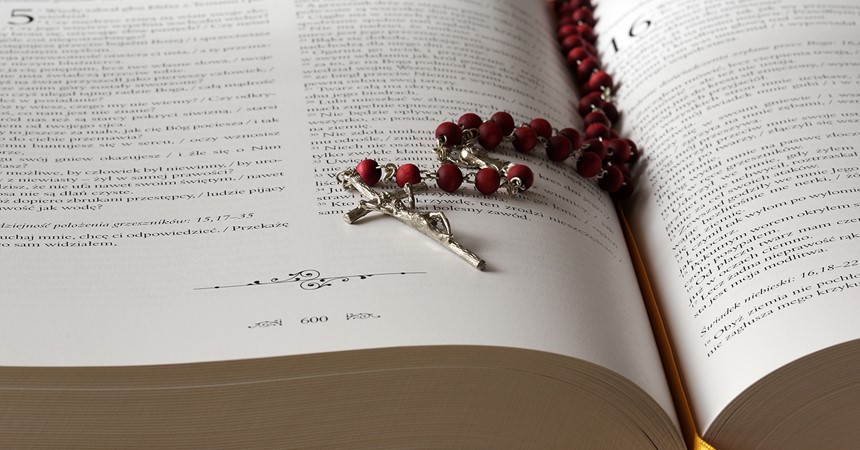That’s according to the Australian Catholic Bishops Conference (ACBC) in its submission to the Religious Freedom Review called by Prime Minister Malcolm Turnbull and chaired by the Honourable Phillip Ruddock.
The ACBC wants the the review to recognise the increased need for a framework to support all people of faith as Australian society continues to evolve.
Joining a group of lay Catholic leaders with expertise in health, education and law, Broken Bay Bishop Peter Comensoli will next week represent the ACBC at a hearing before the Expert Panel on Religious Freedom to make the argument for an Australian society that upholds the protection of religious freedom of its people.
“Australia is a pluralist society and inherent to this welcomed diversity is the holding of different worldviews and beliefs. The challenge of how to accommodate these different perspectives, without excluding or discouraging views from people who have a religious faith, is one of the great tasks of our current generation,” Bishop Comensoli said.
The ACBC submission says the Religious Freedom Review “is a timely opportunity to consider whether Australia’s laws need to be updated to ensure all Australians continue to enjoy freedom of thought, conscience and religion, and the accompanying freedom of association”.
Catholic Christians, the submission explains, seek to promote a common good for all people.
Through supporting networks of church communities, services and ministries, they strive to reach out to Australians of all faiths - through pastoral care, education, health care, charity services, social groups, youth organisations, aged care, spiritual and ethical guidance, migrant and refugee advocacy, poverty alleviation and countless other good works.
The promotion of religious freedom - and its protection in law - would ensure that the voice of faith professed by those who undertake such good works can continue, often in partnership with governments, and without fear of detriment or vilification for their beliefs.
The submission also calls for greater protections across a range of areas including: allowing churches to determine the use of their premises for purposes that are not contrary to Catholic beliefs; the expression of religious choice in one’s professional life; and the protection for persons not to perform a duty at work to which they conscientiously object.
The ACBC submission points out that religious freedom and related freedoms of thought and conscience are fundamental human rights, reflected and delineated in international covenants such as the International Covenant on Civil and Political Rights.
“While ensuring that the rights and freedoms of others are protected, governments are also obliged to ensure that freedom of religion and the freedom to manifest religious beliefs in public is recognised and protected by law,” the submission says.
“Australia is a pluralist society, comprising people of many faiths and worldviews. Along with the 30 per cent of Australians who do not identify as followers of a religious tradition, there is a majority who self-identify as Christian, and one in five who nominate as Catholic,” Bishop Comensoli said.
“People whose lives are shaped by a reasoned faith – be it Christian or otherwise – must be free to lawfully express that faith in all dimensions of their lives.”
It comes after Australian bishops raised concerns about the implications of proposed espionage laws which could force church members to register as agents of the Vatican.
